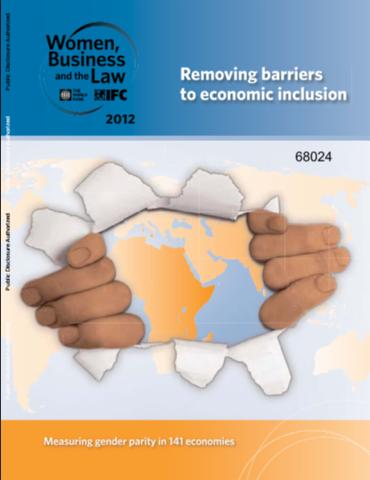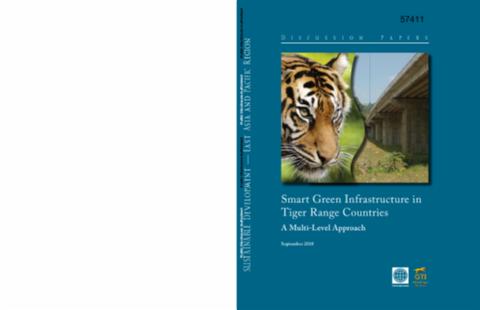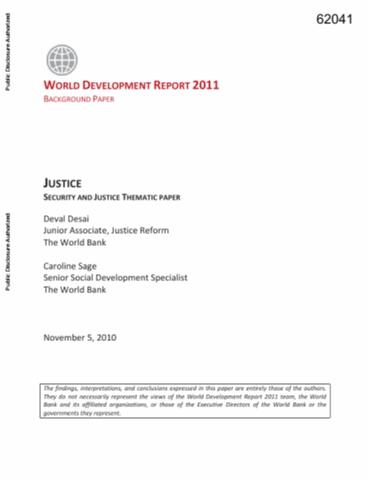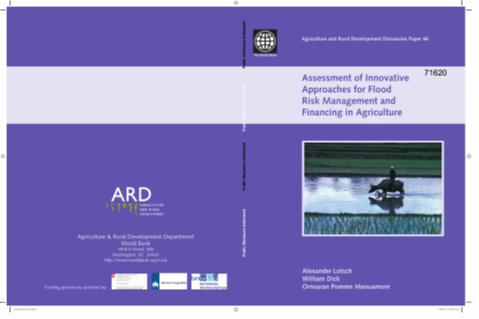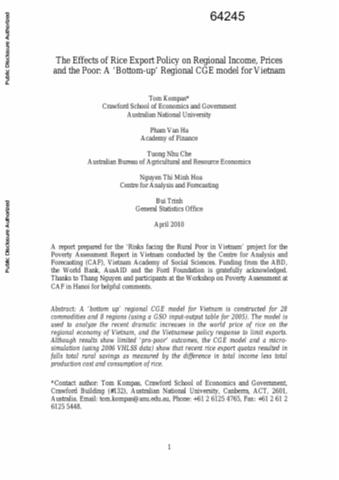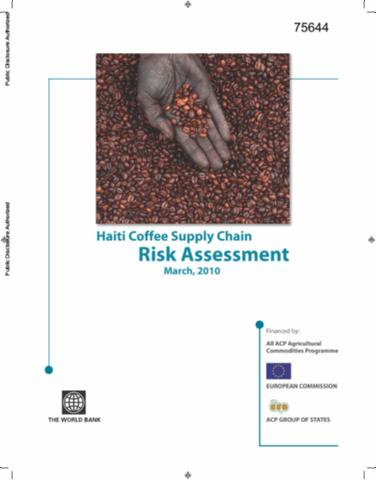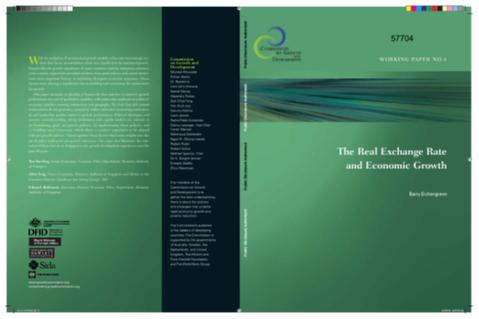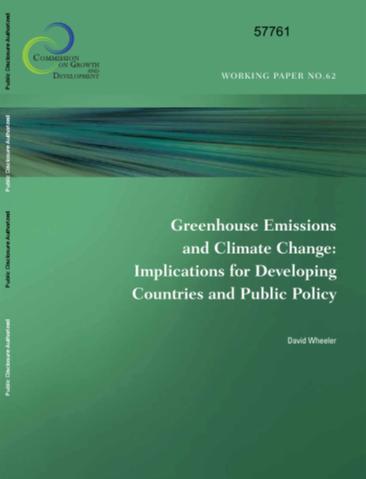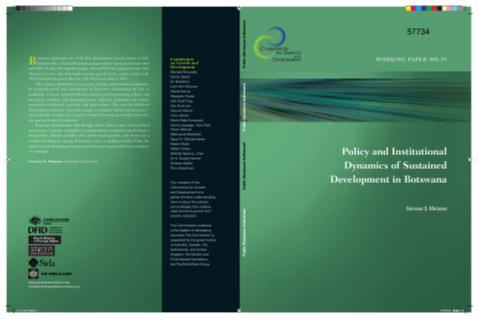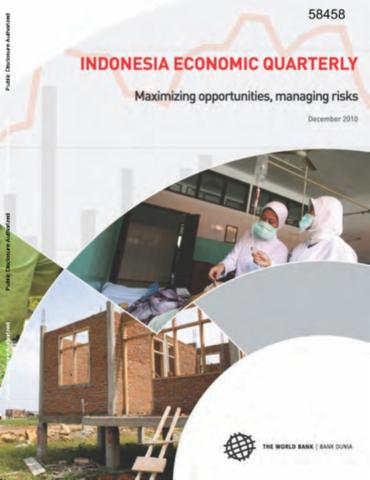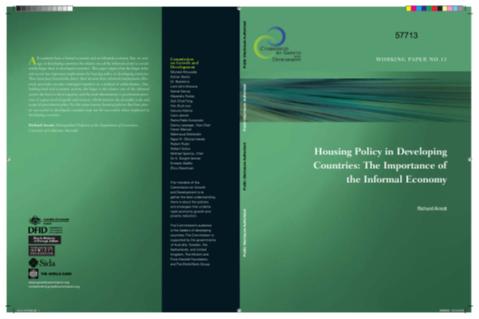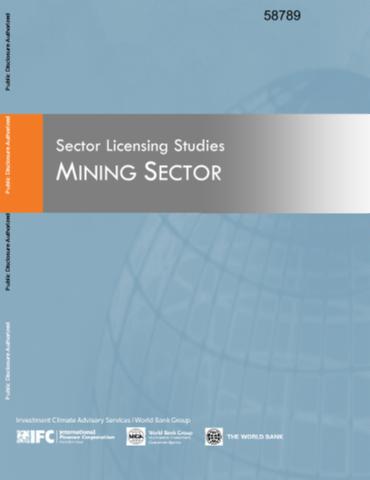Women, Business and the Law 2012
Women, business and the law focuses on this critical piece of the puzzle, objectively highlighting differentiations on the basis of gender in 141 economies around the world, covering six areas: accessing institutions, using property, getting a job, providing incentives to work, building credit and going to court. Women, business and the law describes regional trends and shows how economies are changing across these six areas, tracking governments' actions to expand economic opportunities for women.

